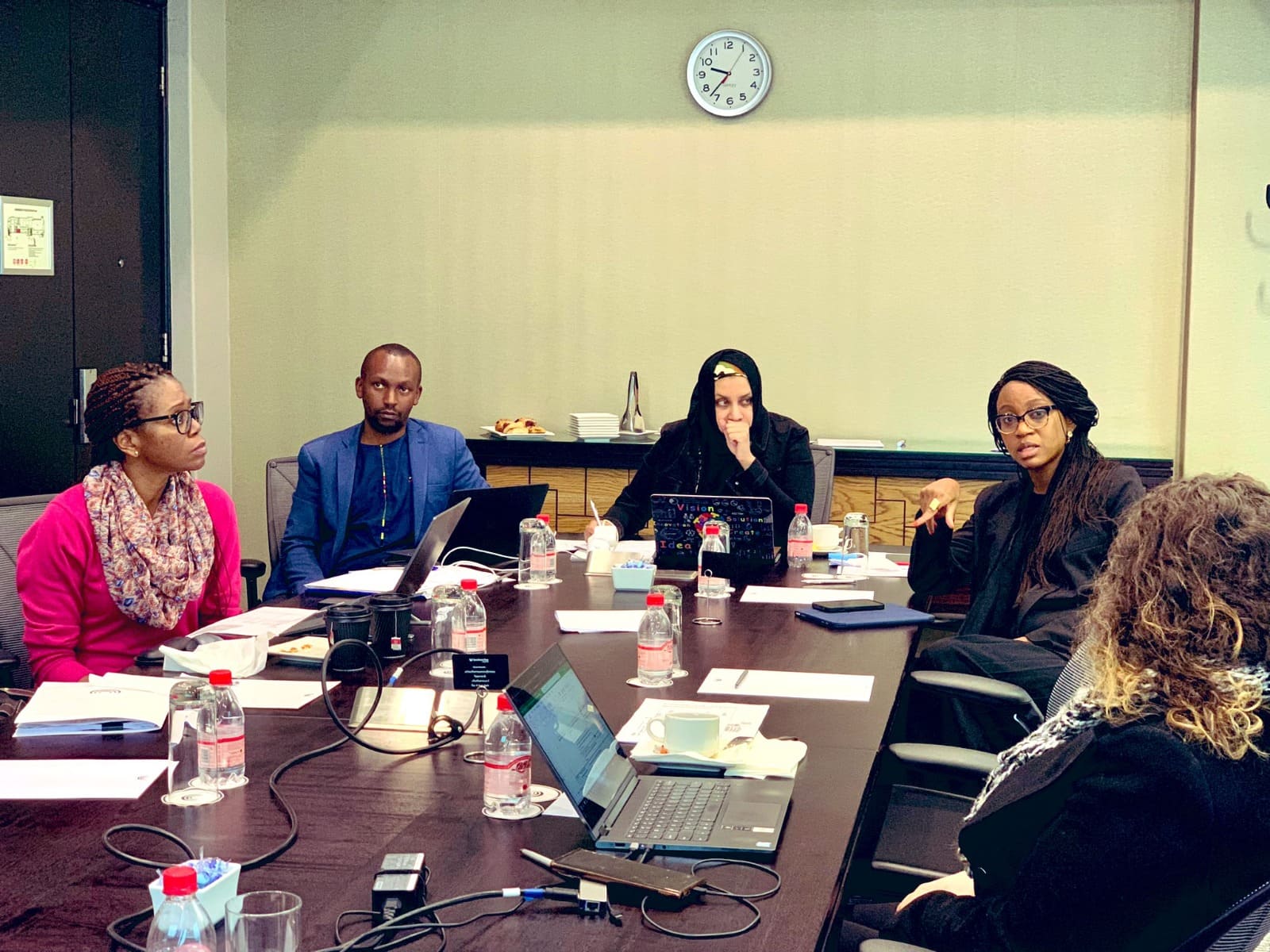Date

Tax Justice Network Africa will host its first Anti-IFFs Policy Tracker piloting workshop from 4th to 7th November 2024 in Windhoek, Namibia.
Led by TJNA, in collaboration with the African Union-Economic Development, Trade, Tourism, Industry, and Minerals Department (AUC-ETTIM) and the Africa Tax Administration Forum (ATAF), the Anti-IFFs policy tracker piloting process will bring together key Namibian government institutions to collaboratively use the tool and assess efforts to combat illicit financial flows, a critical issue undermining economic development and governance across Africa.
The pilot program will also take place in five more African countries. During the first phase, a literature and data review will be conducted to establish a solid understanding of illicit financial flows (IFFs). This will provide an opportunity to utilize the tool to identify high-risk areas for targeted interventions, engage in stakeholder consultations with government officials, civil society, and international partners, and draft a detailed report containing actionable recommendations.
The Anti-IFFs policy tracker, developed by TJNA in collaboration with ATAF and AUC-ETTIM, draws upon the recommendations of various reports that have extensively documented procedures required to combat IFFs, including the High-Level Panel on Illicit Financial Flows from Africa (commonly known as the Mbeki Panel report) and recent reports like the High-Level Panel on International Financial Accountability and Transparency (FACTI Panel report).
It presents a comprehensive methodology for monitoring and evaluating the performance of tax-based anti-IFF policies across African countries. TJNA’s approach is designed to provide an objective, standardized, and data-driven assessment, enabling stakeholders to identify policy gaps, track progress, and understand effective reforms.
The Anti-IFFs Policy Tracker targets government institutions working on Illicit Financial Flows, civil society organizations, and policymakers in tax administration. It provides comprehensive, up-to-date information for tracking policy implementation and government actions on tax-based IFFs.
By piloting this tool in six countries, the TJNA aims to generate country-level disaggregated evidence to inform policy interventions in tackling IFFs. The findings and recommendations from this pilot phase will form the basis for a comprehensive report aimed at informing and guiding future interventions in the ongoing battle against IFFs.
TJNA remains resolute in its mission to combat IFFs and foster transparency. The outcomes of this process are expected to shape effective strategies that will pave the way for a brighter future for Africa's economies.
For further information about the anti IFFs policy tracker, please contact Francis Kairu at fkairu[@]taxjusticeafrica.net.